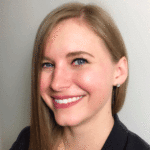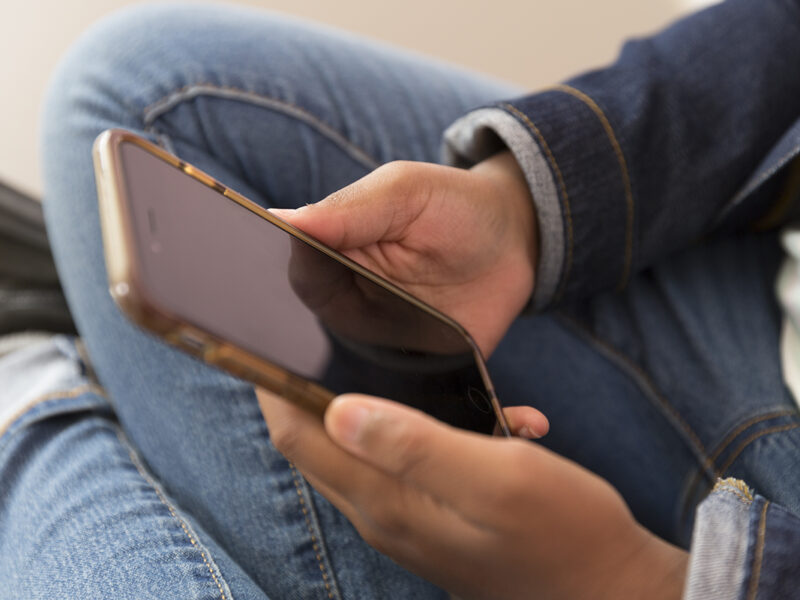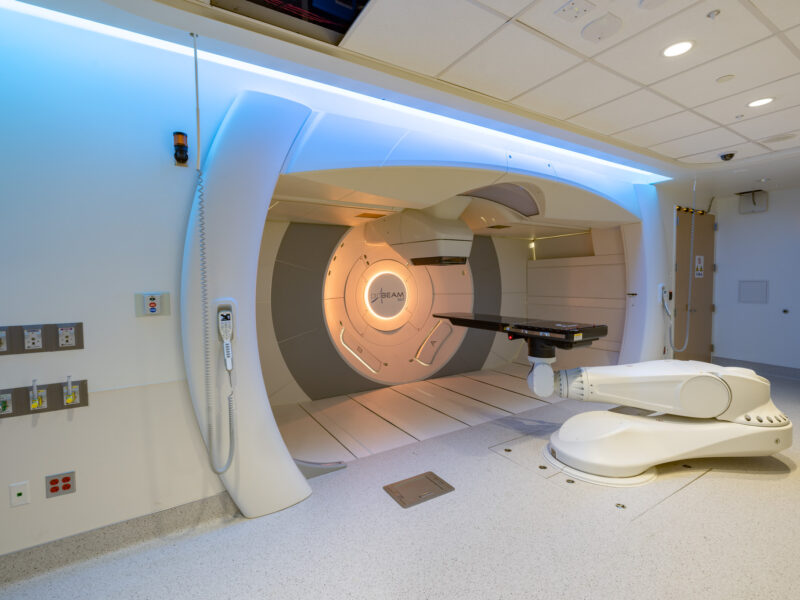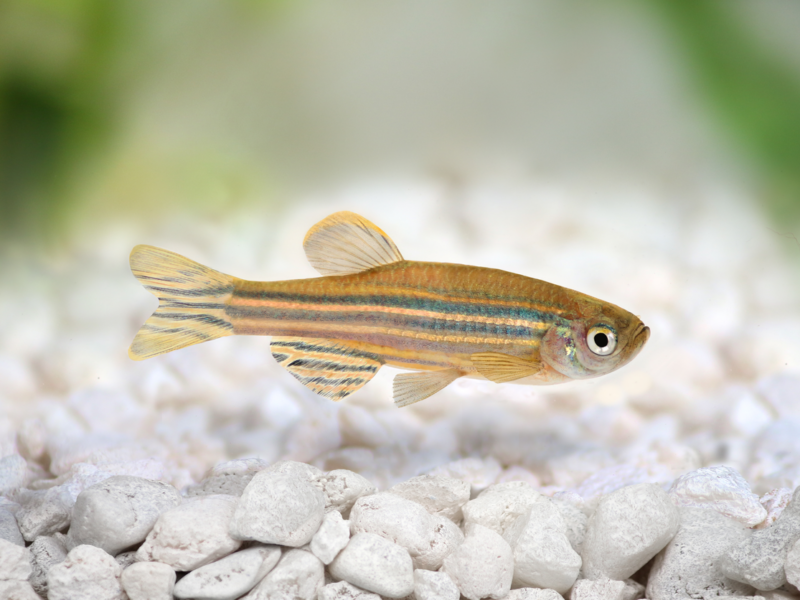Donor-Derived NK Cells Safe and Efficacious in Relapsed and Refractory AML
Donor-Derived NK Cells Safe and Efficacious in Relapsed and Refractory AML https://pediatricsnationwide.org/wp-content/uploads/2022/04/NK-Cell-Cover-Art-web-crop-1024x649.jpg 1024 649 Lauren Dembeck Lauren Dembeck https://pediatricsnationwide.org/wp-content/uploads/2021/03/Dembeck_headshot.gif- April 30, 2024
- Lauren Dembeck
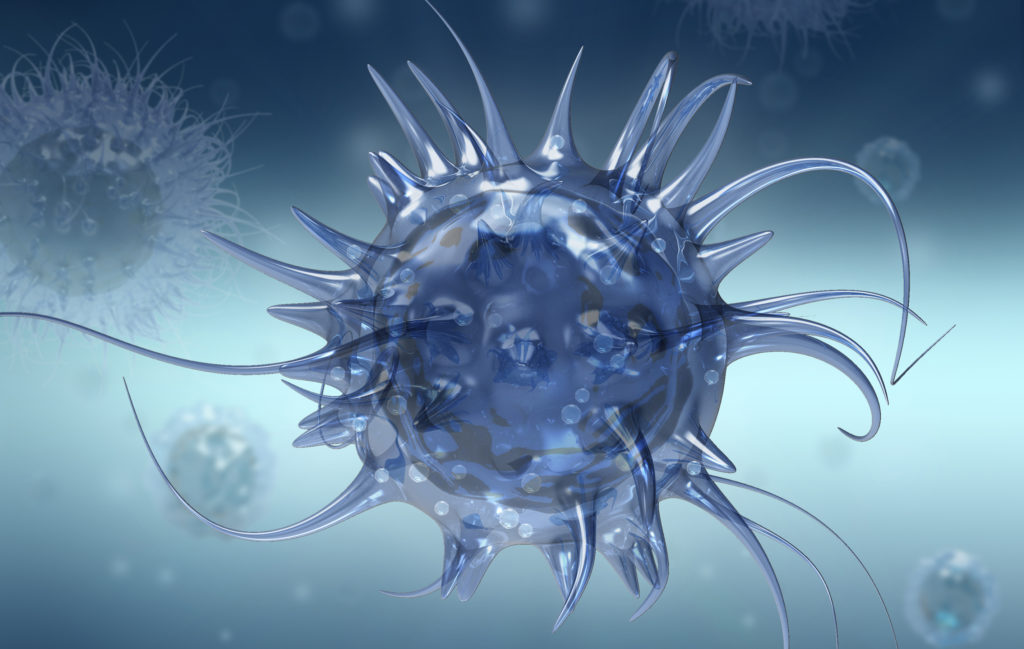
Researchers have used their approach for growing large numbers of NK cells to allow repeated dosing for a more effective and less toxic treatment.
Outcomes for patients with relapsed and refractory acute myeloid leukemia (R/R AML) have not significantly improved over the last 30 years. For example, a recent study of patients treated with second salvage therapy found only 13% achieved complete remission (CR)/CR with incomplete count recovery (CRi) and only 16% survived beyond one year.
Natural killer (NK) cells possess an innate ability to detect and destroy tumor cells and have been investigated previously as a novel therapeutic agent against leukemic cells. However, the small number of NK cells that can be obtained from a donor by apheresis restricted the doses available for the treatment of patients with R/R AML and created challenges both for the NK-cell donor and recipient.
In a recent publication in the American Journal of Hematology, researchers at Nationwide Children’s Hospital and collaborators describe advances that allowed them to overcome the challenges associated with the use of apheresis-derived NK cells and demonstrated the safety and efficacy of the treatment in a phase I clinical trial.
In the phase I study, the investigators treated 12 adult patients (median age, 60 years) with refractory AML with chemotherapy (fludarabine/cytarabine) followed by six infusions of NK-cells expanded ex vivo from haploidentical (half-matched) family donors.
“Previous approaches administered a single, relatively small dose of NK cells obtained through a major apheresis procedure on the donor, followed by cytokine therapy to stimulate cell growth in the patients, but these cytokines were very toxic to patients,” explains Dean Lee, MD, PhD, director of the Cellular Therapy and Cancer Immunology Program at Nationwide Children’s and The Ohio State University Comprehensive Cancer Center. “The novelty of our approach is that we can grow large numbers of cells outside of the body starting from a small blood sample, then freeze the cells. This allows us to bring them to the bedside and administer them in multiple doses over time, avoiding the toxic cytokine component of the therapy — we have fixed a platform so that it can be more effective and less toxic.”
Patients received between 106 and 107 NK cells per kilogram of body weight per dose. The maximum tolerated dose of NK cells was not reached, and no toxicity or graft-versus-host disease was observed.
Approximately 58% of patients responded and achieved a CR/CRi, and five of these seven responding patients went on to receive a haploidentical transplant from the same donor. After a median follow-up period of 52 months, 1-year overall survival was 42% for the entire group, 57% for patients who responded with CR/CRi, and 60% for patients who responded and underwent transplantation.
“This study, when paired with a similar one conducted by our collaborators in Brazil, offers a robust proof of concept,” adds Dr. Lee. “Together, they represent 25 patients in two studies from different countries, and both had almost the same outcomes.”
One of the downsides of the approach is time and cost of securing a donor and then manufacturing the NK cells as a unique product for each patient, explains Dr. Lee. His colleague, Margaret Lamb, MD, is now conducting a study using NK cells in pediatric patients with R/R AML; however, instead of using a haploidentical donor, they are using a pre-made bank of universal donor NK cells.
“There is a lot of variability in the anti-tumor activity of NK cells from different donors. So, we spent about three years identifying and collecting large banks of cells from donors with ideal NK-cell characteristics,” says Dr. Lee. “Children with relapsed or refractory AML have active leukemia that needs to be treated quickly. So, having a universal donor product that is immediately available and ready to infuse will make a huge difference in cost and availability of this approach.”
References
- Ciurea SO, Kongtim P, Srour S, Chen J, Soebbing D, Shpall E, Rezvani K, Nakkula R, Thakkar A, Troy EC, Cash AA, Behbehani G, Cao K, Schafer J, Champlin RE, Lee DA. Results of a phase I trial with Haploidentical mbIL-21 ex vivo expanded NK cells for patients with multiply relapsed and refractory AML. Am J Hematol. 2024 Mar 5. doi: 10.1002/ajh.27281.
- Silla L, Valim V, Pezzi A, da Silva M, Wilke I, Nobrega J, Vargas A, Amorin B, Correa B, Zambonato B, Scherer F, Merzoni J, Sekine L, Huls H, Cooper LJ, Paz A, Lee DA. Adoptive immunotherapy with double-bright (CD56bright /CD16bright ) expanded natural killer cells in patients with relapsed or refractory acute myeloid leukaemia: a proof-of-concept study. Br J Haematol. 2021 Dec;195(5):710-721. doi: 10.1111/bjh.17751.
About the author
Lauren Dembeck, PhD, is a freelance science and medical writer based in New York City. She completed her BS in biology and BA in foreign languages at West Virginia University. Dr. Dembeck studied the genetic basis of natural variation in complex traits for her doctorate in genetics at North Carolina State University. She then conducted postdoctoral research on the formation and regulation of neuronal circuits at the Okinawa Institute of Science and Technology in Japan.
-
Lauren Dembeckhttps://pediatricsnationwide.org/author/lauren-dembeck/
-
Lauren Dembeckhttps://pediatricsnationwide.org/author/lauren-dembeck/
-
Lauren Dembeckhttps://pediatricsnationwide.org/author/lauren-dembeck/
-
Lauren Dembeckhttps://pediatricsnationwide.org/author/lauren-dembeck/January 29, 2019



